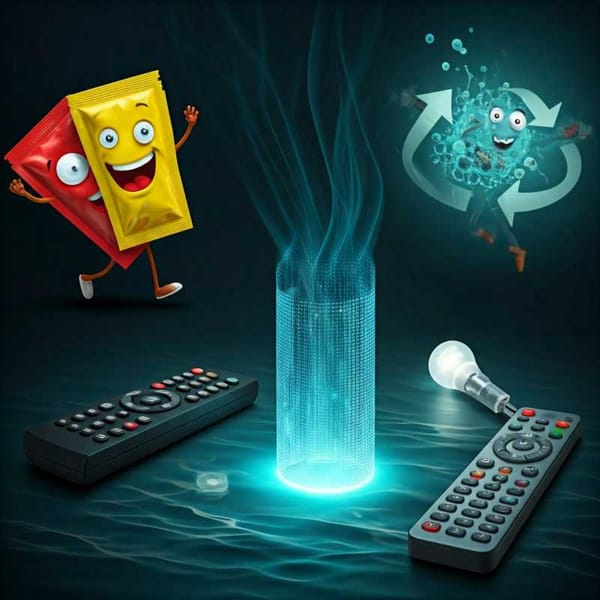Magnetic stimulation is tested to activate the memory
Aging is a personal journey in which some people age with cognitive functions and memory similar to those of young people. Learn more about it.

A non-invasive method, called intracranial magnetic stimulation, could be useful to modulate and improve some memory loss processes, said Perla Moreno-Castilla, a postdoctoral fellow at the U.S. National Institute on Aging (NIA).
A transcranial magnetic stimulation session consists of placing an electromagnetic coil on the scalp (there is no need to intervene), near the forehead, which is turned on and launches magnetic impulses that do not cause pain but stimulate nerve cells in the region of the brain that controls mood and depression.
Interest is now growing in using this technique to prevent or modulate loss. "We consider it important to be able to study what is happening with this intervention in controlled laboratory models, such as a group of laboratory rats (young and old), in which we study the processes of brain stimulation," she said. It is relevant to carry out previous studies in these murine models, to observe the real functioning of this technology in the memory processes.
Perhaps not all people with memory problems due to aging would benefit from this technique because it depends on brain plasticity, a surprising characteristic that defines the adaptive capacity of the nervous system to minimize the effects of lesions by modifying its own structural and functional organization.
In scientific studies, the clearest finding we have is that there is no impairment of cognitive functions and memory in all individuals. Rather, there is an increase in individual variability in cognitive functions in each person. Some people age with cognitive functions and memory similar to those of young people, and others have alterations and decreases in cognitive functions.
To investigate these mechanisms from their most basic structure and function, Moreno Castilla and her colleagues at the NIA analyze brain connectivity at the molecular level, as well as the connections that exist between neurons (the connectome), which function simultaneously and robustly in certain regions.
Aging is a personal journey, in which there are individuals with a preserved memory capacity, where there is no neurodegeneration; while in others, there is a severe loss of retentiveness, either due to aging, dementia, or Alzheimer's disease. Although it has been related to deterioration and impairment of cognitive abilities, this is a misconception that we must change.




